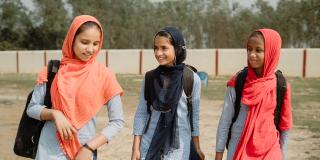
Our inclusive and resilient education work gives every child the opportunity to learn literacy and numeracy at the right level. This year, around the world, VSO has made significant contributions to improving learning outcomes and recovering the learning losses that children have experienced because of the COVID-19 pandemic. We have also been working to break down social barriers to inclusive education and to strengthen education systems.
More 3.2 million primary actors were reached through our education projects.
Over 2.6 million learners in primary education had improved learning in literacy and numeracy by 22% and 11%, respectively.
Improving learning outcomes
Nepal
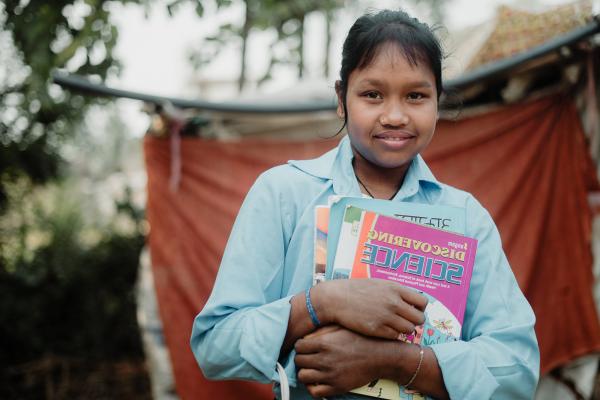
In Nepal, the ENGAGE project helped over 5,600 of the most vulnerable out-of-school girls and over 26,000 other children across 203 schools to improve significantly their ability in maths and reading. Overall, children increased their early grade mathematics assessment scores from 42 to 111 out of 260 – an increase of 27%. In early grade reading assessments, their scores improved from 16 to 42 out of 76, an increase of 34%.
Rwanda
The UK government-funded Building Learning Foundations project in Rwanda worked with more than a million boys and over a million girls, including almost 90,000 children with disabilities, in primary education across 30 districts to improve their skills in English and mathematics. Post COVID-19, we have been supporting children to recover learning and make improvements in English and maths.
Kenya
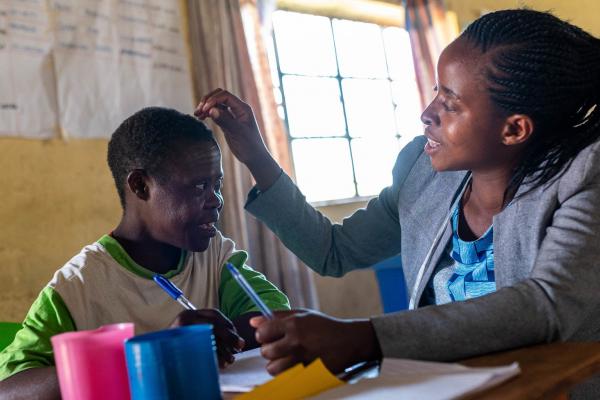
In Kenya, we worked to improve the literacy and numeracy of over 5,000 out-of-school girls aged between 10 and 19 years in Garissa, Isiolo, Kilifi, Migori and Kisumu counties on the UK government-funded Education for Life (EFL) project. These girls have lived through violent cattle-rustling and inter-ethnic conflict.
Many are survivors of sexual abuse, gender-based violence and modern-day slavery. Although they are children, many of them already have children of their own because of sexual abuse. VSO has established Catch-Up Centres for accelerated learning and supported the girls to transition into formal schools, to access apprenticeships and vocational training and to build opportunities for decent employment.
In the Education for Life project, we saw an 85% increase in school attendance by providing learning materials, hygiene kits, assistive devices such as wheelchairs, crutches, and mobility canes, and through community engagement to build support for education for girls and for children living with disabilities. Of those who came back into education, 10% of girls aged 10-14 years returned to formal schools. Of those girls aged 15-19, 17% went into vocational training,
37% into entrepreneurship training and 26% into apprenticeships. The girls showed improvement in numeracy and in reading and writing in both Kiswahili and English. The girls who enrolled in entrepreneurship training and apprenticeships have been supported to start small-scale businesses that are now enabling them to meet their basic needs.
Uganda
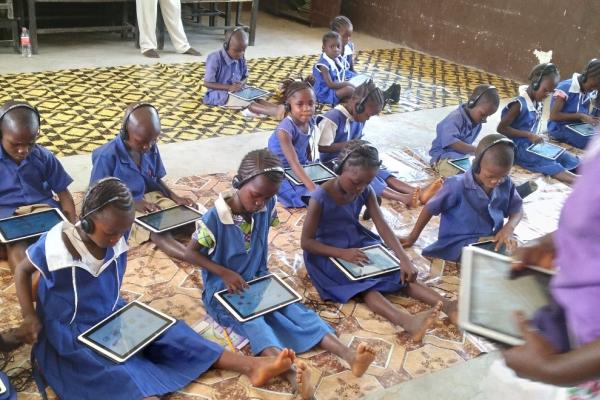
In Uganda, VSO volunteers worked in 93 primary schools and eight Early Childhood Care and Education centres in Yumbe through the ACTIVE and UN-funded All Pupils Learning for Ultimate Success (A-PLUS) projects. Volunteers mentored and coached teacher educators and early grade teachers to build their confidence in using the curriculum, and effective use of child centered teaching methods in large classes. This has improved numeracy and literacy skills among early grade learners.
Sierra Leone
In Sierra Leone, the ACTIVE project is working in 52 schools in the rural districts of Pujehan and Kailahun to expand the use of cost- effective education technology that raises learning outcomes of marginalised children. This is directly contributing to the Ministry of Basic and Secondary Education’s goals of improving foundational learning, strengthening the education system, and of effectively using education technology to reach marginalised children in remote areas.
Addressing social and systematic barriers to education
Kenya
VSO volunteers have worked with communities on the EFL project in Kenya, increasing awareness of education for girls and children with disabilities. They increased support in the community, in families and among husbands, as well as supporting continued learning for adolescent girls and youth. As a result, community groups have emerged to champion and advocate for girls’ education. As a male champion in Isiolo, Kenya explains:
“I ensured that girls at my village attend classes daily and I kept passing by their homestead to inform them about a class day and keeping time.”
A participant in the Girls focus group discussions noted:
“While I attended training, my husband would fetch water and buy firewood because I would typically come back home late. I would also find the house clean. They also offered support by taking care of the children.”
VSO also integrated sexual and reproductive health and rights awareness into the accelerated learning programme. This has given girls the confidence to make informed choices on the use of contraception. Girls are now more aware of negative practices that violate their rights. Nevertheless, social norms relating to stigma on teenage pregnancy and marriage continue to disrupt some girls from enrolling in accelerated learning.
Uganda
In the ACTIVE and A-PLUS projects in Uganda, volunteers worked with 204 Parent Teacher Associations and 136 School Management Committees to better understand their roles and responsibilities and to build their awareness and confidence to lead a back-to-school campaign for children after the COVID-19 lockdown. They mentored teachers and supported parents to monitor the quality of home-based learning during the pandemic and to ensure teachers were held accountable for the quality of teaching.
Education systems and policies responsive to the rights of learners to education
Kenya
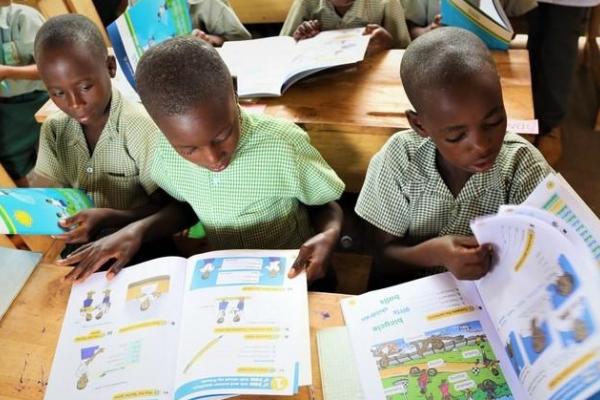
In 2022/23, VSO continued to invest in strengthening inclusive education systems. In Kenya, volunteers on the EFL project developed a strategic partnership with the Adult and Continuing Education, Technical Vocational Education Training and Special Needs Education teams in the Ministry of Education to advance policy and systems change.
The government used evidence from the improved learning amongst girls to develop Accelerated Education Guidelines. These strengthened the Kenyan education system to respond to the needs of girls and young people who have been out of school for a variety of reasons. School Management Committees and Parent Teacher Associations have reviewed and formulated school policies which they are using to bring girls back into education and to support them to transition to entrepreneurship, apprenticeship, and vocational training.
Rwanda
In Rwanda, VSO volunteers on the Building Learning Foundations project have worked with local authorities to develop the roles of district Special Needs Education Coordinators (SNECOs). These SNECOs provide sustained inclusive education technical support to teachers and headteachers. The Rwandan Government has adopted SNECOs into their education policy with a commitment to institutionalise the newly established Special Needs and Inclusive Education Unit within the Rwanda Education Board.
VSO volunteers have also established Teacher-Led Communities of Practice and District Training Teams to promote child-centered pedagogy, teachers’ Continuous Professional Development and inclusive practice for learners with disabilities in the classroom. The Rwandan Government has adopted the Community of Practice for Teachers as part of their education policy, and across Rwanda 80% of headteachers are now financially supported to attend the monthly Teachers Community of Practice as a professional teacher learning community. As Musanze, a Rwandan education official highlights:
“Nowadays, teachers are able to identify children with different learning difficulties and set classroom learning objectives according to individual differences and needs.”
Find out more about VSO's impact in 2022/23 in our annual report.
Related links
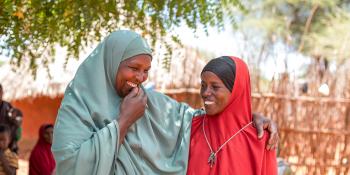
Annual report
Read our full annual report from 2023-24, and download reports from previous years.
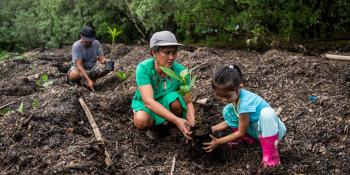
Our impact in livelihoods 2022/23
Over the last year, we have made a strategic shift in our livelihoods portfolio, deepening the focus on resilience by investing in ‘green’ skills and supporting a shift to agroecology or climate resilient farming. Find out more about our impact in livelihoods.
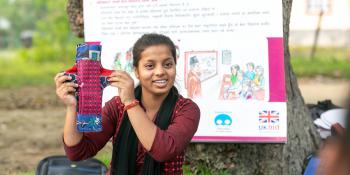
Our impact in health 2022/23
In 2022/23 we reached almost 90,000 people through our health projects. Our global health strategy aims to ensure that all adolescents and youth realise their rights to quality health and well-being. Find out more about our impact in health.
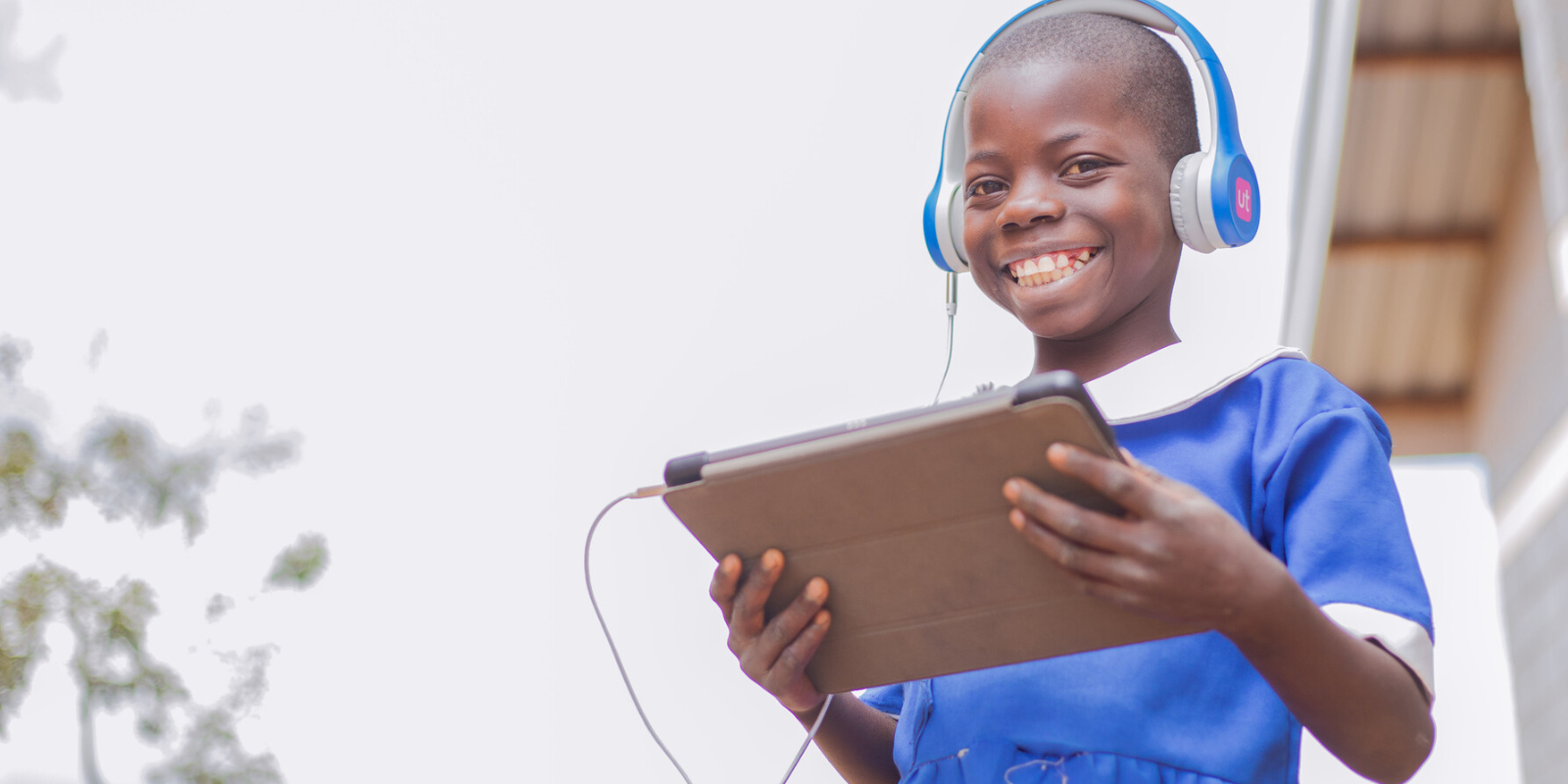
Support us with a donation
